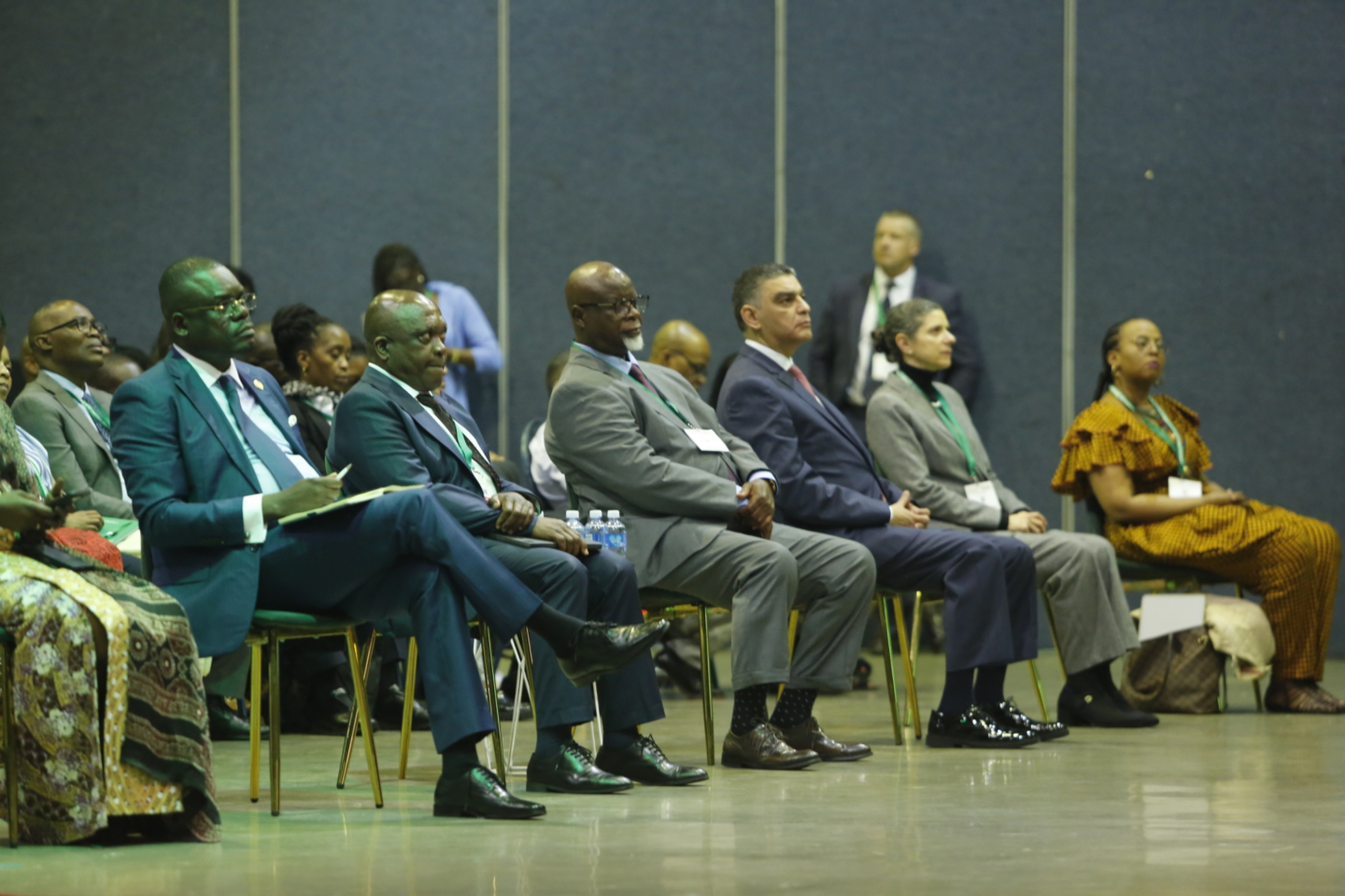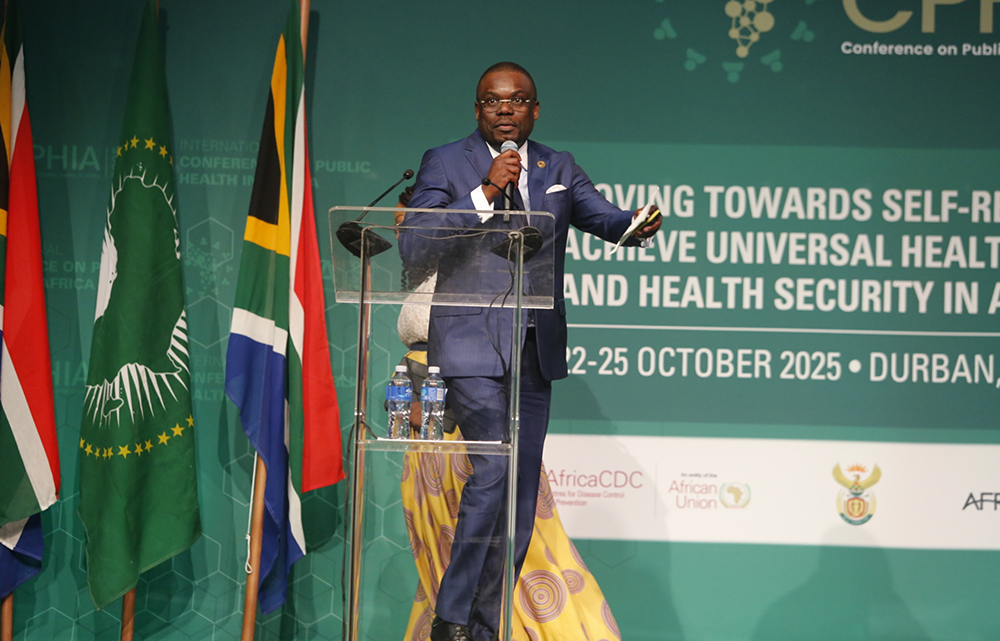Africa charts a path to health independence at CPHIA 2025
The discussion in Durban is framed around one clear goal of making Africa’s health systems self-reliant as delegates agreed that the continent’s long-term survival depends on increasing domestic financing for health.
According to Dr Jean Kaseya, the director-general of the Africa Centres for Disease Control and Prevention (Africa CDC), the continent remains vulnerable to major disease threats despite lessons learned from the COVID-19 pandemic.
The discussion in Durban is framed around one clear goal of making Africa’s health systems self-reliant as delegates agreed that the continent’s long-term survival depends on increasing domestic financing for health. Dr Jean Kaseya
DURBAN - African leaders are intensifying calls for a bold shift from dependency on external aid to self-sustained health systems built and financed by Africans themselves as donor support for public health declines and new disease threats continue to emerge.
The message echoed this week in Durban, South Africa, where hundreds of delegates gathered for the four-day 4th International Conference on Public Health in Africa (CPHIA 2025) which kicked off on October 22.
For years, the continent’s health systems have relied heavily on international assistance to respond to outbreaks and emergencies. Yet, as the world faces economic uncertainties and global donors tighten their budgets, Africa’s health future increasingly depends on its own ability to finance, manufacture, and manage its systems.
According to Dr Jean Kaseya, the director-general of the Africa Centres for Disease Control and Prevention (Africa CDC), the continent remains vulnerable to major disease threats despite lessons learned from the COVID-19 pandemic.
In his opening remarks on the opening session, Kaseya revealed that Africa recorded more disease outbreaks in the first half of this year than throughout all of last year.
“We are still fragile, but we are learning, we are responding faster, and we are building stronger institutions that will stand the test of time.” he admitted.
He pointed to examples from his home country, the Democratic Republic of Congo, where frequent outbreaks have led to the creation of permanent public health institutes that now provide a faster and more coordinated response.
The discussion in Durban is framed around one clear goal of making Africa’s health systems self-reliant as delegates agreed that the continent’s long-term survival depends on increasing domestic financing for health.
Kaseya called for multi-year health investment plans, innovative taxation systems, and universal health insurance schemes that would help countries meet their needs without waiting for external funding.
He also emphasised the importance of strengthening governance to ensure that money allocated for health services is used effectively.
To bridge the gap between financial policy and public health, Africa CDC plans to deploy public finance experts to 10 African countries before the end of the year, with the role being to work with ministries of health and finance to develop sustainable funding models.
“Every dollar must deliver impact. We cannot achieve independence without accountability,” Kaseya stressed.
Dr Sania Nishtar, the chief executive of Gavi, the Vaccine Alliance, said her organisation was restructuring its programs to align more closely with African national priorities.
“We want to ensure that funding complements country visions, not replaces them,” she said via video address.
Nishtar’s remarks were welcomed by Kaseya, who urged all international partners to follow suit.
“We no longer want partners implementing programs without consulting national authorities. African countries know their needs best. Respect begins with listening,” he added.
South Africa health minister Dr Joe Phaahla used his keynote address to highlight the link between health equity and economic development.
“Every decision we take here must move us closer to social justice and economic inclusion. Our health systems must be powered and sustained by Africans themselves, so that no community on this continent is left behind,” he said.
The opening ceremony in Durban brought together over 20 delegations, including ministers of health, scientists, youth leaders, and representatives from global organisations such as the African Union Commission, the World Health Organisation, UNICEF, Gavi, and the Global Fund.
Hosted by Africa CDC in partnership with the Government of South Africa and AfricaBio’s BIO Africa Convention, the gathering aimed to inspire a new era of African-led health solutions.
Throughout the four-day conference, sessions will explore strategies to strengthen Africa’s health resilience. Uganda will be represented by the Ministry of Science and Technology, led by Dr Monica Musenero, as well as a delegation from Dei BioPharma, which is developing drugs in Uganda and is headed by Dr Mathias Mugoola.